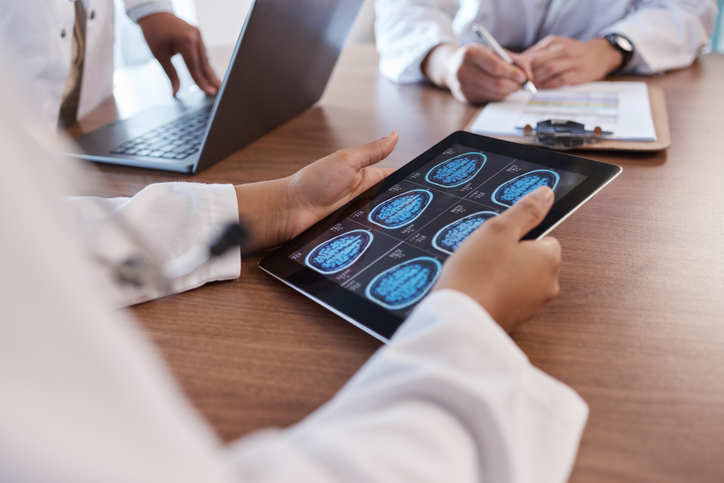When we think of aging, it’s easy to picture it as a steady, universal decline – a clock ticking the same for everyone. But groundbreaking research from Stanford University is challenging this idea, revealing that aging is far more complex and personal than we ever imagined. It turns out, your organs might be aging at different rates, and knowing this could hold the key to living longer, healthier lives.
Organ Aging: A New Perspective
Imagine two identical mice, raised in the same environment with identical DNA. Yet, as they age, one stays sharp and agile, while the other slows down and struggles with memory tasks. What makes the difference? According to scientists, the answer lies in “organ aging.” This new area of research shows that different parts of our bodies begin aging at different times, and this process is uniquely personal.
By analyzing proteins in our blood – molecules that serve as fingerprints for various organs – researchers have discovered that some of us are “heart agers,” with hearts that biologically age faster than our chronological age, while others might have youthful brains or aging muscles. These differences significantly affect our health and longevity.
Why Organ Aging Matters
The implications are staggering. In one study, heart agers were up to 250% more likely to develop heart failure, while people with youthful brains were 81% less likely to develop Alzheimer’s. The brain, in particular, appears to play a central role in longevity, with an aged brain being the strongest predictor of mortality.
But here’s the good news: organ aging isn’t set in stone. Researchers believe it’s malleable, influenced by lifestyle choices like diet, exercise, and even hormone use.
What Does This Mean for You?
Understanding your “ageotype” – the specific way your organs are aging – could empower you to take targeted action. If you’re a heart ager, for instance, you might focus on heart-healthy habits like reducing processed foods and staying active. Muscle agers might benefit from strength training, while brain agers could prioritize mental stimulation and a diet rich in omega-3s.
This personalized approach to health aligns with a growing body of research suggesting that aging is less about the number of candles on your birthday cake and more about how well you maintain the systems that keep you thriving.
While the technology to measure organ aging isn’t widely available yet, the science offers actionable insights which will be familiar to regular readers of The Oldish:
- Exercise Regularly: Physical activity slows the aging of muscles, heart, and brain.
- Eat Smart: Diets rich in whole foods, like vegetables, fruits, and oily fish, support overall organ health.
- Stay Curious: Keep learning and challenging your brain to delay cognitive aging.
- Monitor Health: Regular checkups and proactive screenings can catch issues early.
Aging may not be entirely within our control, but the current research suggests we have more influence over the process than we once thought. An increasing amount of information is coming out of various studies that make the notion of healthcare as a one-size-fits-all practice out of date. By tuning into our bodies and making thoughtful lifestyle changes, we can take steps toward a healthier, independent future.






Add Your Voice
0 Comments
Join the Discussion